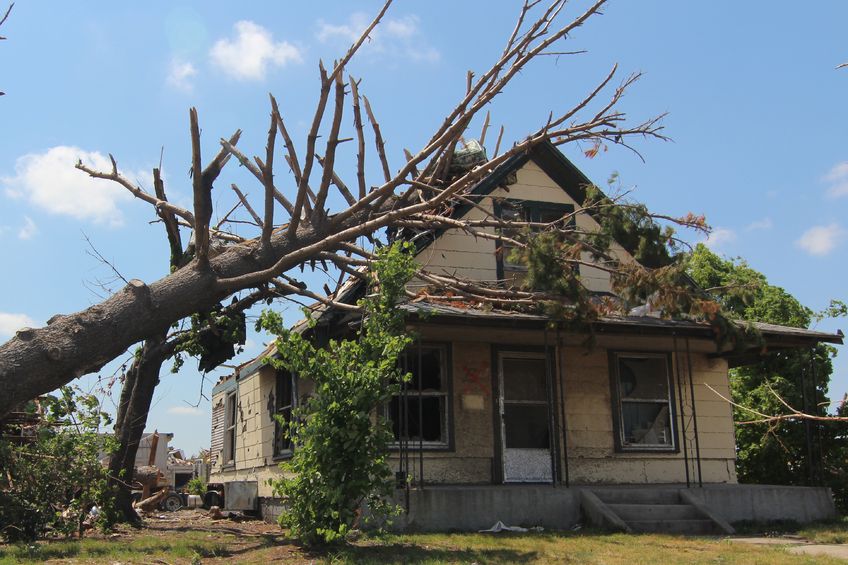Compensation for property damage is one of the most private issues considered by district and arbitration courts. The procedure for obtaining compensation for damage is determined by civil law.
Conditions for liability for damage
The second part of article 1064 of the Civil Code establishes that for the creation of a right to compensation for property or other types of damage, a number of conditions are necessary. All of them must be observed without fail. The absence of one of them entails the invalidity of the claim for compensation.
General conditions for recovering property or other types of damage are as follows:
- The fault of the perpetrator.
- The wrongfulness of his behavior.
- A causal relationship between his illegal actions and the harm that arose.
Damage to property or another type is the reduction or derogation of the property or personal benefit of the victim, which is protected by law. The harm inflicted on an individual is expressed in diminishing the dignity and honor of a citizen, reducing his working capacity or injury or illness, illegal misappropriation of authorship by an outsider, and so on.
The concept of property damage
This type of harm is expressed in the infringement of the material wealth of the victim through no fault of his own, as a result of which the citizen suffers some losses in the sphere of his property.
Property damage is expressed in cash. If the damage is not expressed in the form of losses, it shall not be recoverable. Therefore, it is impossible to receive compensation for the consequences that have arisen, if they cannot be settled. The only exception is moral damages.
The second part of article 1064 of the Civil Code defines liability for property damage and personal injury. In respect of property, compensation can be obtained both for damage actually caused and for loss of profit.
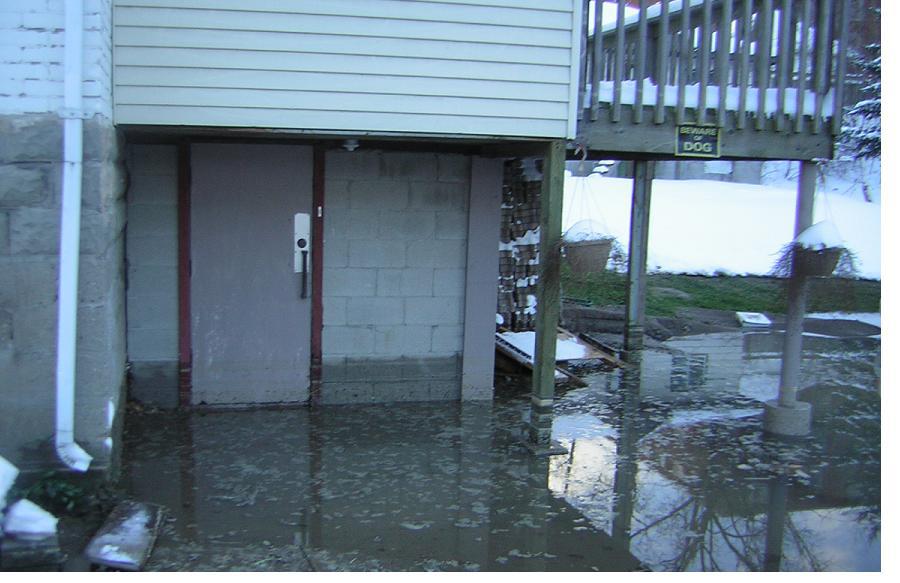
In the second part of Article 1083 of the Civil Code it is determined that the amount of pecuniary damage and pecuniary damage to be compensated may be reduced by the court, based on the financial situation of the inflicter of harm. Exemption from the collection of the amount of damage caused takes place only when the victim himself was guilty of harm. If the damage is caused intentionally, its size for recovery is not subject to reduction.
Inaction is unlawful if, by virtue of his official position or on the basis of the law, it was necessary to perform certain actions, which did not happen. For example, article 127 determines that leaving a person in danger is a crime, therefore property damage in a criminal case will also be recoverable. If a person is held criminally liable, a civil lawsuit can be filed against him to obtain compensation.
In some cases, causing property damage is not unlawful. Such cases include necessary defense. The second part of article 1066 determines that damage caused by necessary defense cannot be compensated. In this case, exceeding the limits of defense, which entailed the infliction of property damage, a citizen must reimburse without fail.
An unlawful act is also not damage caused as a result of direct fulfillment by a person of his duties.For example, to extinguish a fire or to assist.
Guilt and causation
The following important conditions, when the claim for compensation for property damage is legitimate, are the presence of guilt and the relationship of the action (inaction) with the consequences.
The legislation separates cases where the victim is obliged to prove guilt, and cases where the guilty person is obliged to prove his innocence. For example, when holding a legal entity liable, there is an axiom that an employee of an organization is guilty of causing harm to third parties.
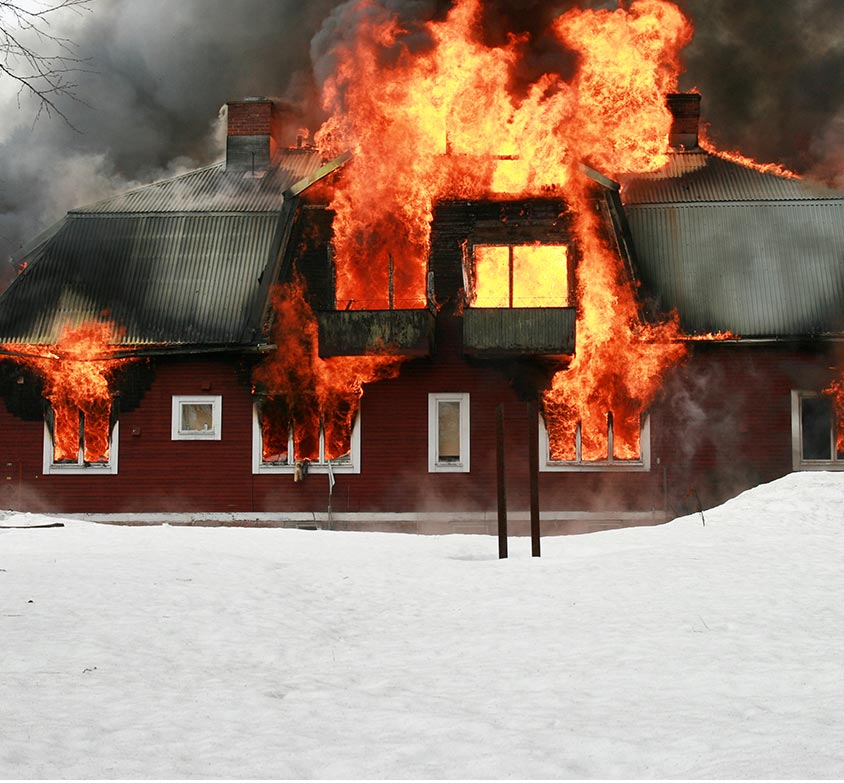
According to the second part of article 1064, the guilty person is exempted from compensation for damage if he proves that the damage was caused not through his fault. In the case of labor relations, an example is the breakdown of equipment by an employee who was not kept in good condition by the employer.
According to the norms of the second part of Article 1081 of the Civil Code, a person who has compensated property damage for another person has the right to file a regression lawsuit against the perpetrator. The second part of Article 1080 states that collective damage entails joint liability.
Responsibility for damage caused by organizations, state bodies or their officials
The second part of article 1069 determines that the infliction of property damage by the federal or local government authority entails its full compensation if it is established by a court decision. The second part of article 1064 states that compensation for damage to the victim is paid from the financial resources of the offender on a common basis. If this money is not enough, the treasury of the appropriate level (local, regional or federal) assumes the subsidiary liability in the missing part.
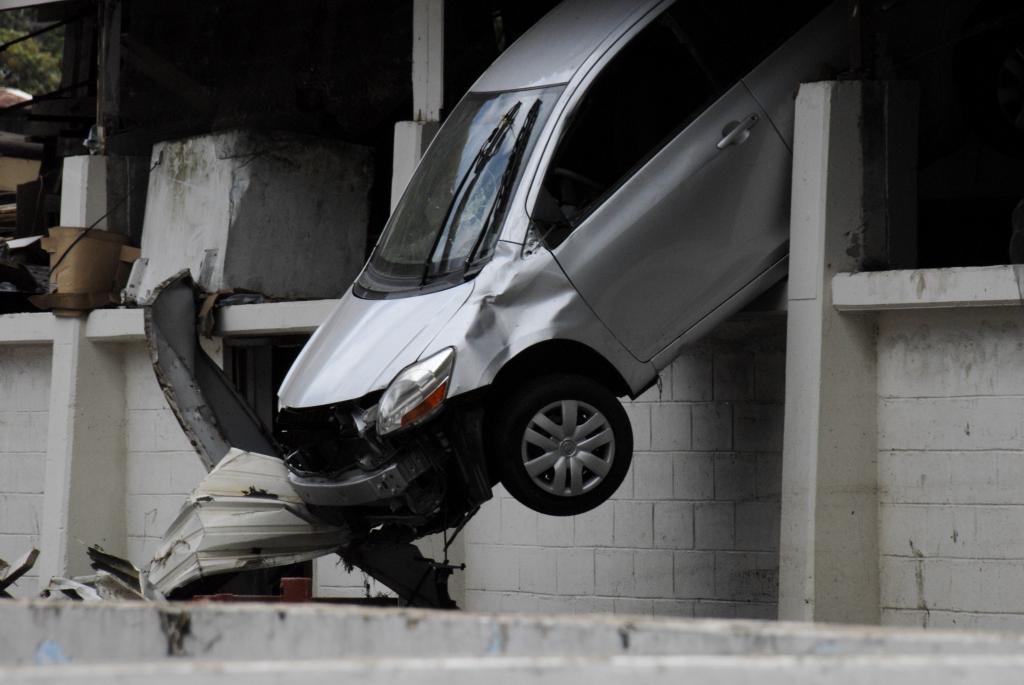
Under the second part of Article 1070 of the Code, damage caused by unlawful conviction, arrest, imposition of a fine, and so on is also subject to compensation. In this case, the damage is compensated from the treasury of the corresponding budget. The fault of the body (organization) and the amount of property damage subject to compensation are determined by the court.
Liability for damage from incapacitated persons
According to the norms of the law, persons who are not aware of their actions due to health problems or other deviations, and minor citizens are classified as incompetent.
Since, due to objective reasons, they cannot be responsible for their actions, legal representatives (including material) bear their legal representatives. This is enshrined in the second parts of 1073 and 1078 articles of the Civil Code. Parents or guardians are exempted from damages only if the innocence of their wards is proved. If we are talking about property damage caused by a juvenile crime from fourteen to eighteen years of age, the fault may be fully or partially imposed by the court on the perpetrator.
Persons who have incapacitated themselves (through the use of alcohol, drugs, etc.) are not exempt from compensation for damage. If the person who caused the harm had a mental disorder not recorded by the medical staff due to the lack of treatment of their legally capable relatives, the duty to compensate for the harm lies with able-bodied relatives.
Liability for damage from a source of increased danger
The second part of article 1079 of the Civil Code establishes that citizens and legal entities using sources of increased danger (vehicles, mechanisms, poisons, explosives, etc.) must compensate for the damage caused by this source. Exemption from liability is only possible if the victim is found guilty or because of force majeure.
The same norm contains an approximate list of such sources.The list is incomplete, as new types of objects are constantly appearing which are potential harm-doers to citizens. Holding liable for harm that was caused by such a source is possible subject to the onset of negative consequences and the connection of action and harm. The fault of the causer does not matter.
According to the norms of article 202 and the first part of article 401 of the Civil Code, force majeure is an extraordinary circumstance that arose not through the fault of the inflicter of harm. This list includes natural disasters, hostilities, blockades and more.
The defendant in applications for compensation for property damage caused by sources of serious danger is the owner of this object or another person who disposed of it at the time of the damage.

If in the course of the proceedings it is established that the source of danger at the time of the injury was from another person illegally (stolen, stolen, etc.), the fault is imposed on the person at whose disposal the thing was at the time of the offense.
If the harm was caused as a result of the interaction of sources of danger (for example, a traffic accident), the responsibility lies with the person whose fault will be proved. In case of mutual fault, the damage is not subject to compensation.
If the fault of the defendant the victim showed gross negligence, then the amount of compensation may be reduced. If, due to gross negligence of the injured victim, the defendant was absent, he is exempted from compensation in full.
Responsibility for damage to the health or life of a citizen
The second part of Article 1084 determines that the harm that is caused to a citizen in the performance of contractual or official obligations is compensated according to the general rules of civil law, unless a higher amount of compensation is provided for by a contract or special law
According to the second part of Article 1084 of the Civil Code, if the damage was caused to human health (injuries, damage to health, etc.), not only the damage itself is compensated, but also the earnings lost during the period of incapacity for work. The costs of treatment, medication, retraining for another profession are also subject to compensation (if the victim cannot do his previous work due to injuries sustained as a result of harm) and so on. If the victim has been assigned allowance, benefits or other additional payments on the amount of compensation recoverable from the guilty person, this is not reflected.
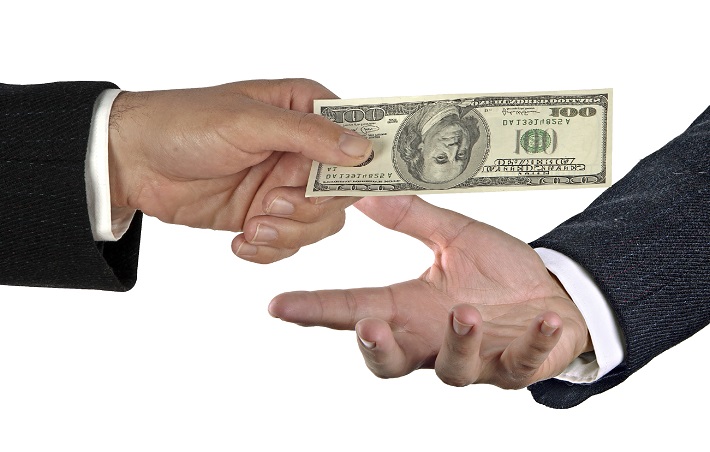
The calculation of lost earnings is based on the average earnings of the victim over the past twelve months and the number of days of disability. This amount includes all income that the victim could have received if he had been able-bodied.
If, after the harm caused, the victim needs care, his expenses are also reimbursable. If as a result of the damage caused the death of the victim, close relatives of the deceased are entitled to receive compensation.
Nature and extent of liability
The first part of article 393 and the second part of article 1064 of the Civil Code establishes the principle of compensation for harm caused in full. The court, on the basis of the victim’s application, determines the amount of damage and the method of compensation (in cash, in kind or by repair at the expense of the culprit, and so on). Judicial practice shows that in most cases the victim asks for compensation in damages.
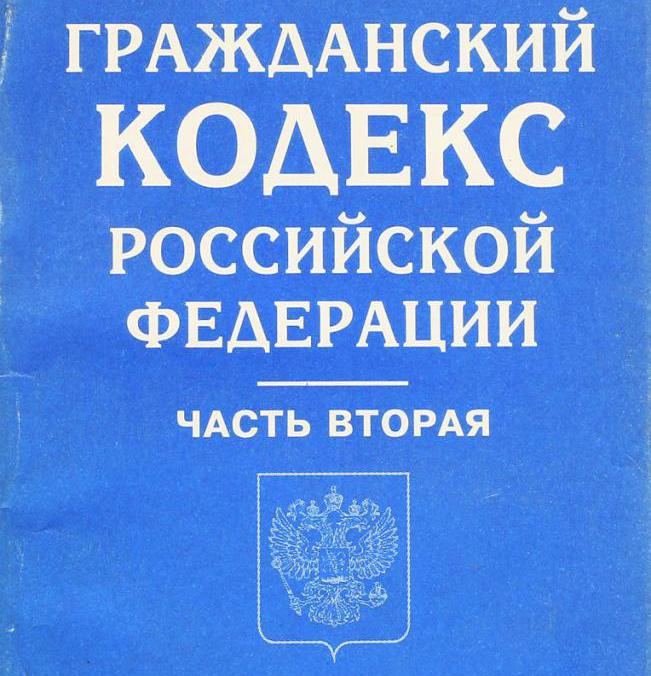
The defendant’s fault is deemed to be established in advance. If the defendant claims additional fault of the victim, he is obliged to prove it. Based on the material situation of the perpetrator, the court may reduce the amount of compensation.
Moral injury
Russian legislation regulates not only compensation for property, but also compensation for moral damage.Its order is fixed by the norms of 151 articles and articles 1099-1101 of the Civil Code.
According to the norms of legislation, if, along with property damage to a citizen, moral suffering is inflicted, they are subject to compensation in cases stipulated by legal norms. Non-pecuniary damage can be caused both by actions and inaction of others. In some cases, moral damage occurs without causing property damage.
The defendant’s fault does not matter if it involves causing moral or physical harm from a source with increased danger, as well as moral harm caused by unlawful conviction or criminal prosecution. This is enshrined in the second part of article 1100 of the Civil Code.
Amount of compensation for non-pecuniary damage
The amount of compensation for harm of a moral nature is calculated in monetary terms. The amount of compensation is determined on the basis of the degree of guilt of the inflicter of harm, the nature of the moral or physical suffering suffered by the victim. Guilt is determined without fail in cases where it is the basis for the award of compensation.
According to the second part of article 1101, the determination of the amount of compensation for harm of a moral nature should be made in compliance with the requirements of justice and reasonableness. The judicial authority must assess the nature of the victim’s moral and physical suffering, taking into account the real (actual) circumstances of the case, the characteristics of the victim, and so on.
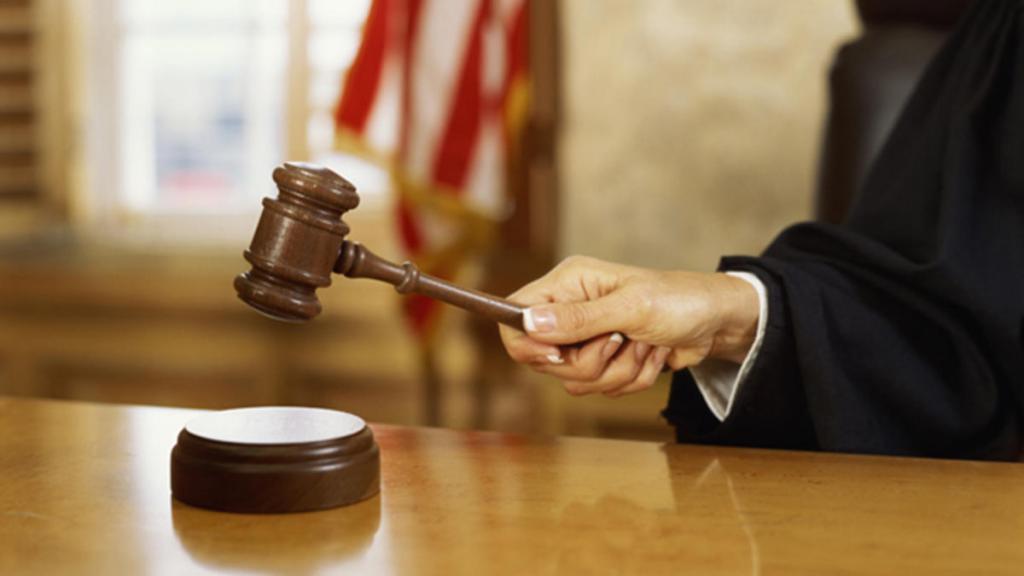
If the moral and physical suffering suffered by the victims caused various violations, because of which the citizen had to turn to specialists for qualified help, the amount of moral harm would be higher. The courts do not have a single position regarding the calculation of the amount of compensation for harm (moral), so each judge calculates the amount independently.
Compensation for property damage is accompanied by the provision of a large number of documents proving the guilty party of the harm and the amount of damage suffered by the victim. Therefore, in the event of damage, it is necessary to fix and document everything in detail in order to receive the due compensation within a reasonable time.
